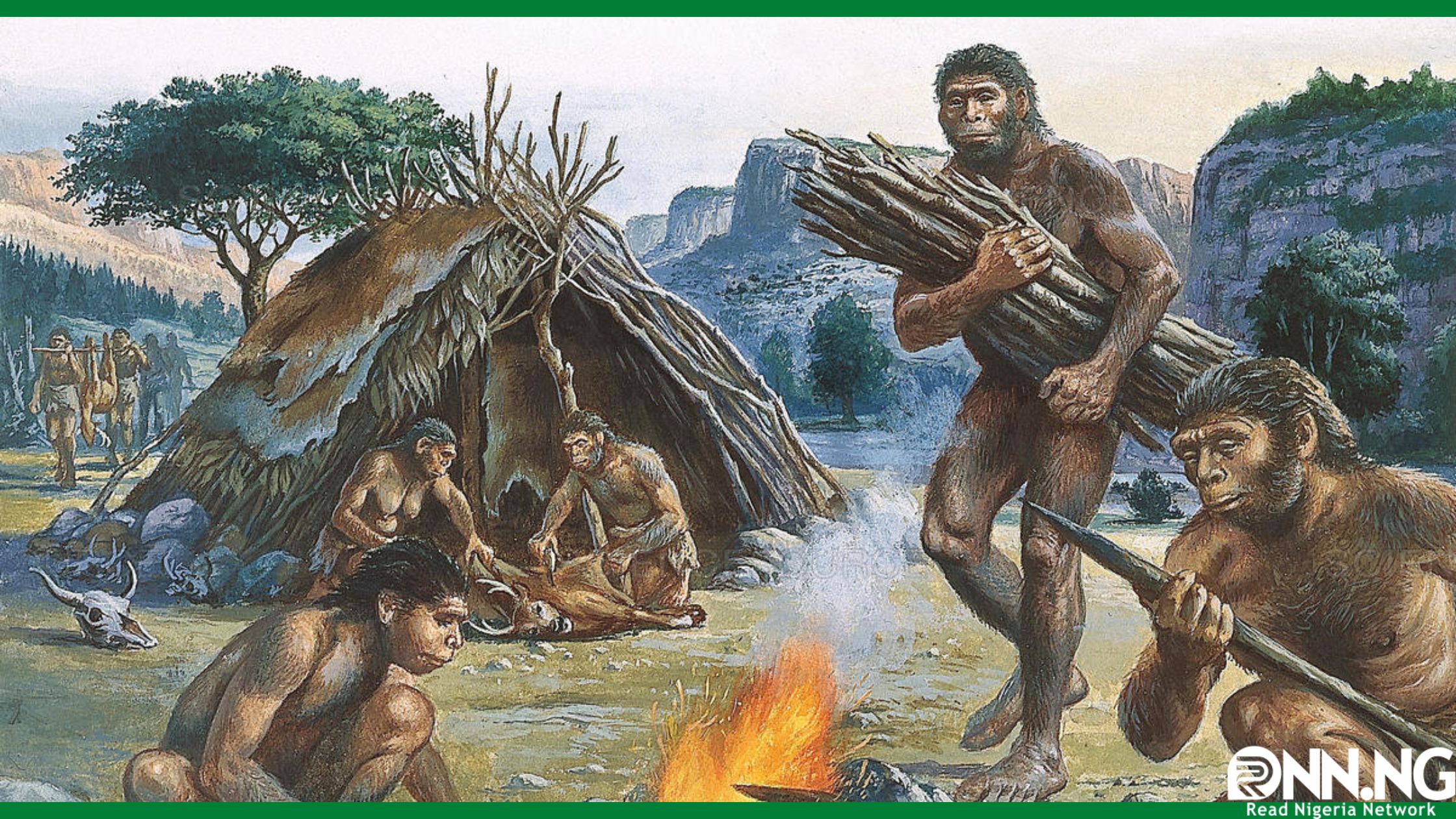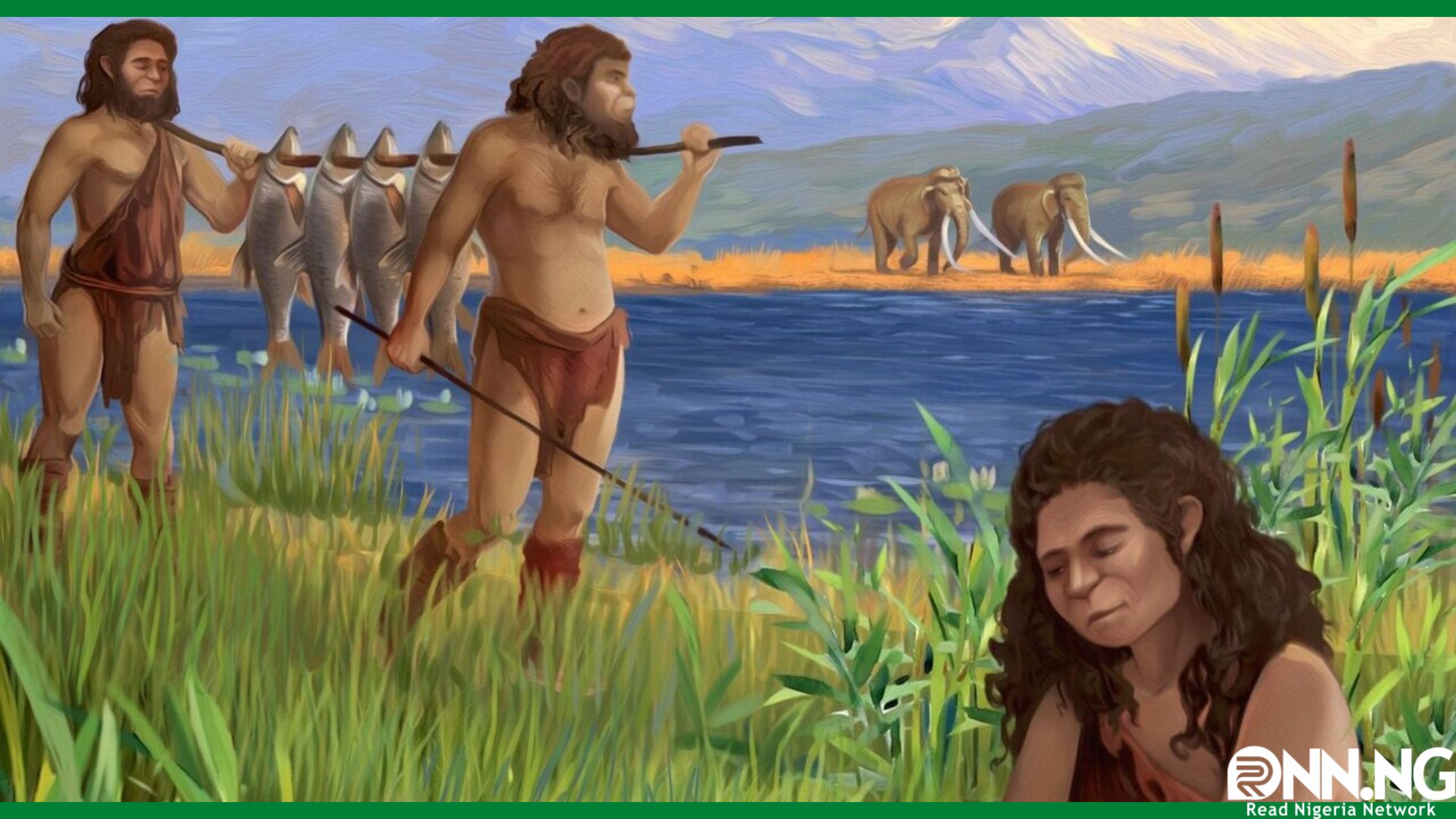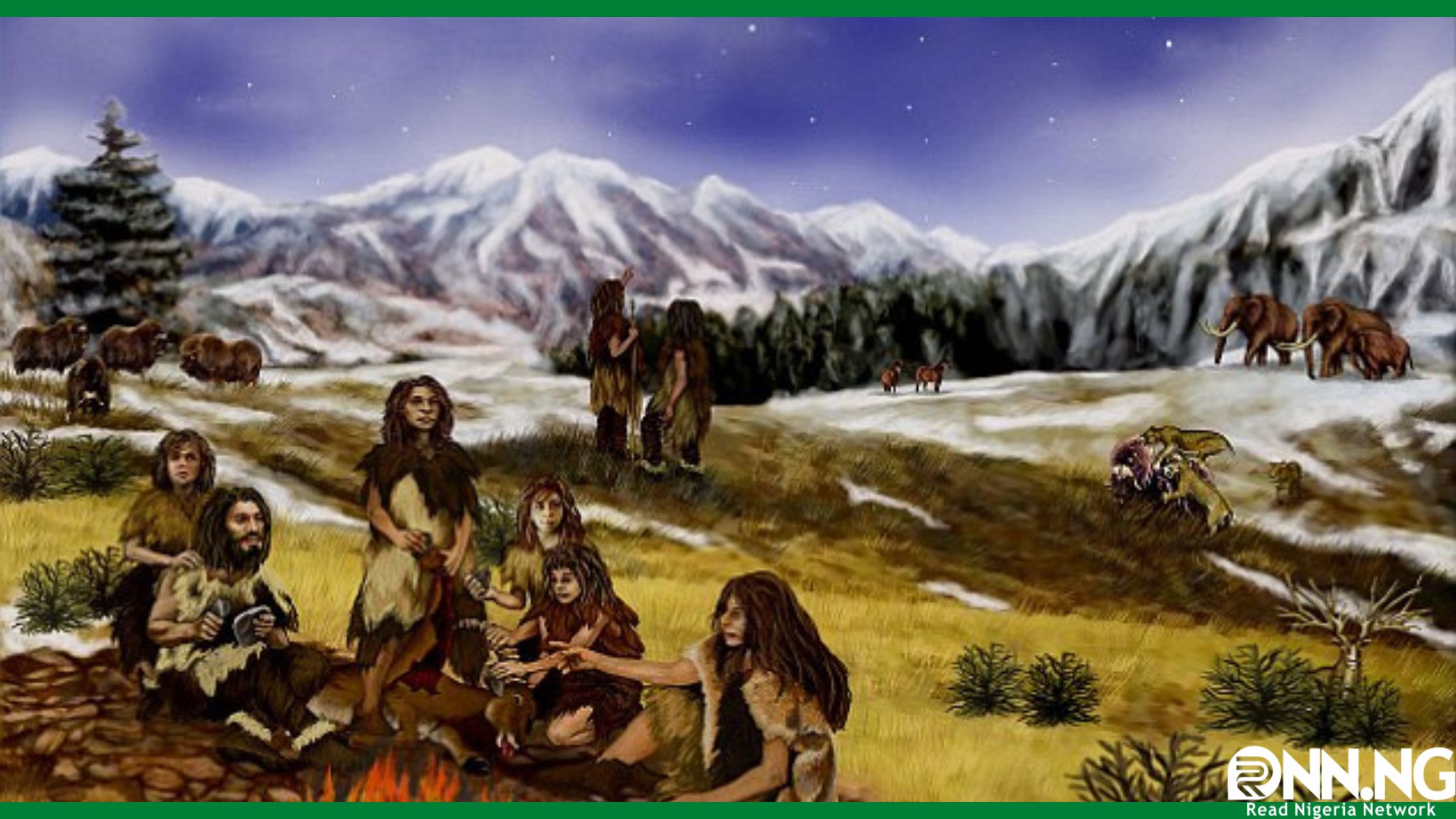Guides
Who Is The First Person To Cook? Everything You Need to Know

Who Is The First Person to Cook? Unravelling the Origins of Culinary History
As we delve into the origins of cooking, the question that keeps lingering in our mind is: Who Is The First Person to Cook? In this blog post, we embark on a fascinating journey to uncover the mysteries surrounding the first cook in human history, exploring archaeological discoveries, scientific theories, and cultural implications.
Cooking is a timeless art form that has played a crucial role in human history. Not only has it sated human hunger, but it has also aided in the growth of cultures, traditions, and even scientific discoveries.
We can learn more about the emergence of human creativity and the beginnings of civilization by knowing the first person to cook. How did our forefathers control fire? What caused them to experiment with food out of curiosity? These inquiries take us down a fascinating route that reveals the outstanding cognitive powers of early humans as well as the improvements in the culinary arts.
How Cooking Came About
The transition from raw food consumption to cooking marks a significant turning point in early human history. While the exact timeline and methods of this transition remain debated, evidence suggests that cooking emerged as early as 1.9 million years ago. This development revolutionized the human diet and had far-reaching consequences for our species.
The emergence of cooking as a practice is supported by various lines of evidence, including archaeological findings and scientific research. Excavations at sites such as Wonderwerk Cave in South Africa have uncovered evidence of hearths and burned bones dating back approximately one million years, indicating controlled use of fire for cooking.
Analyzing fossilized teeth provides further insight, as changes in tooth enamel can indicate shifts in diet, including the consumption of cooked food. Residue analysis of ancient pottery and stone tools has also revealed charred food remnants and lipid residues, supporting the hypothesis of early cooking practices.
The Role of Homo Erectus in the Evolution of Cooking
According to research, the homo erectus was the first person to cook. Cooking might have existed before our species. There is undisputed proof that Homo erectus used fire a million years ago or so.
Homo erectus, an extinct species of early humans, played a crucial role in the evolution of cooking. The research and findings surrounding Homo erectus suggest that they might have been the first hominin species to utilize fire for cooking, marking a significant advancement in human culinary practices.
Evidence pointing to Homo erectus as the pioneers of cooking primarily stem from archaeological discoveries and scientific analyses. The controlled use of fire for cooking is thought to have emerged around 1.9 million years ago, coinciding with the presence of Homo erectus in the fossil record.
One notable finding that supports the cooking abilities of Homo erectus is the site of Zhoukoudian in China. Excavations at this site revealed a large concentration of burned bones and stone tools, suggesting that Homo erectus was engaging in controlled fire use for cooking and food processing.
Homo erectus played a significant role in the evolution of cooking. The research and findings strongly suggest that they were the first hominin species to utilize fire for cooking, marking a major milestone in human culinary practices.
They developed the cognitive skills and technological prowess necessary to sustain and regulate fire, enabling them to reap the rewards of cooking. This game-changing discovery helped them succeed as a species and paved the path for the culinary customs that still influence human civilizations today by improving their nutrition, enhancing food safety, and enhancing cognitive development.
The Role of Food in Cultural Identity
The role that food plays in defining cultural identity and legacy is enormous. As they represent the customs, heritage, and values of a specific culture, cooking and eating have developed into essential components that support a sense of belonging. Communities uphold their cultural practices and strengthen their cultural identity by preserving and transmitting traditional recipes and cooking techniques.
Traditional recipes serve as a bridge between generations, carrying the flavours and techniques of the past into the present. They are often passed down orally or through handwritten family cookbooks, preserving the essence of a culture’s culinary heritage. The act of cooking these traditional dishes becomes a way to connect with ancestors and preserve a sense of continuity.
Food and cooking are now crucial components in maintaining and promoting cultural identity and tradition. The first cook’s legacy is preserved through the generations through traditional recipes and cooking techniques.
Cultural festivities, festivals, and rituals all revolve around food, which helps to fortify social ties and reflect cultural beliefs. Globally popular culinary traditions have enriched our collective cultural fabric and helped us interpret human history in more inclusive ways.
We honour the legacy of the first chef and the cultural diversity that continues to influence our culinary traditions and sense of community through the shared experience of food.
How Social Media Has Influence Cooking
Social media has had a significant influence on the world of cooking, transforming the way we approach and engage with culinary experiences. Here are some ways in which social media has impacted cooking:
- Recipe Sharing and Discovery: Social media platforms have become a hub for sharing and discovering recipes. Users can easily find and access a vast array of recipes from all over the world, ranging from traditional to innovative dishes.
- Culinary Inspiration: Social media platforms like Instagram and Pinterest have become go-to sources for culinary inspiration. Food photography and visually appealing dishes shared on these platforms ignite creativity and encourage users to explore new ideas in their own cooking.
- Cooking Demos and Tutorials: Platforms like YouTube and Facebook offer a plethora of cooking demos and tutorials. Chefs, culinary experts, and home cooks share step-by-step instructions, tips, and techniques, making it easier for aspiring cooks to learn new skills. Social media provides accessible and convenient resources for individuals to enhance their cooking abilities, whether it’s mastering a specific dish or learning a cooking technique.
- Community and Engagement: Social media has fostered a sense of community among food enthusiasts. Users can engage with others who share their passion for cooking, exchanging ideas, experiences, and tips. Food-related groups and communities have formed online, providing a space for individuals to connect, ask questions, and share their culinary journeys.
- Culinary Culture and Diversity: Social media has contributed to the celebration and promotion of culinary diversity. By showcasing recipes and culinary traditions from various cultures, social media platforms promote cross-cultural understanding and appreciation. Users can explore cuisines from different parts of the world, broadening their culinary knowledge and fostering a more inclusive and diverse food culture.
Conclusion
In conclusion, the quest to uncover the identity of the first person to cook takes us on a fascinating journey through the annals of human history. While the exact details may remain shrouded in mystery, the significance of cooking in our lives is undeniable.
From the earliest days of Homo erectus harnessing fire to the modern age of social media-driven culinary exploration, cooking has continuously evolved and shaped our existence. It has enhanced the taste and nutritional value of our meals, brought us together in celebration and community, and preserved cultural traditions that define our identities.
As we delve deeper into ongoing research and uncover new archaeological evidence, we inch closer to unravelling the enigma of the first cook. But perhaps, in our relentless pursuit of the who and the when, we should pause and appreciate the enduring importance of cooking itself.
READ ALSO:
- Who Is Hilda Baci? The Nigerian Chef Who Broke the Guinness World Record
- who is the youngest chef to set a world record?
- Everything You Should Know About Cookathon


